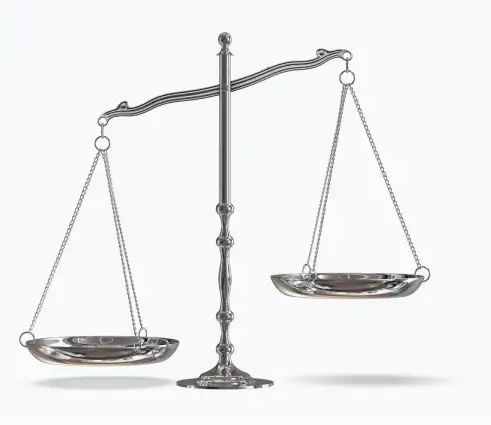Not so long ago we published some legal advice in the article “How to protect intellectual property on the Internet?”, in which were considered relevant questions. But the urgency to refute false information in IT-sphere is that probably will not be limited in several articles. Gradually Internet in Ukraine is growing fast, although in most cases, it is not regulated by the legislative branch but by court’s decisions.
Probably most lawyers took an active discussion in the resonant court ruling LLC “Publishing Company” Justinian “and PE” Ukrainian Truth “(Case 2-2561 / 12). The main problems raised in this trial – is whether the publication site users (regardless of form – just comments or articles) that the limit of liability of Internet resources for it, and how to prove the existence of negative court papers online. Judicial authorities “decided” all these complex issues.
Thus, it appears that the owner of the domain is owning of the website and has legal responsibility for all material posted on the website as the owner was created through technological possibility and conditions for distribution and dissemination of false information. Thus, according to the decision of the Supreme Court of Ukraine “On judicial practice in cases of protection of honor and dignity of the individual and business reputation of individuals and legal entities” in cases where the defendant is spreading false information on the Internet is the author and website owner . The plaintiff himself must set the article’s author and the owner of the web resource for filing a claim. If it is impossible to find the author of the article or his/her residence (location), so defendant in a case will be owner of website.
On the one hand it seems like sets mandatory censorship obligated to site owners responsible for everything – and this is negative. On the other hand, plus the fact that indeed there are lots of cases where the person anonymously poured tons of dirt. For now the Internet is probably more effective than other methods of information dissemination, and moral person can be “buried”. Therefore, to refute this false information is not very difficult in court, because even if to find author maybe difficult, then find the domain owner is much easier, Such owner will be responsible for everything. Although certainly better before the lawsuits still try using lawyers to resolve the situation peacefully, as is likely, most site owners simply remove it to not have problems with the courts.
The limit of liability of web-site owners. What they threatened for publishing negative information? First of all, very unpleasant thing is publication of denial, which the injured party may ask the post in the most popular location (home or another highly visiting page) that usually does not give the site’s reputation and even takes work area that could be used in something else, for ex. Internet advertising. In addition, the court may order the owner of the site (domain) also reimburse moral damage (in practice amounts vary in the amount two to four thousand). The main recommendation is still moderate resources. But what’s about forum or other web site with easy possibility to comment? They are acting at their own risk.
Another problem is collecting evidences. If the site administrator removes this false information, for a person to prove that such information was published is not easy (to get compensation). We have previously reported that the courts rather gullible take these simple printing of web pages (in the lawsuit LLC “SPARK Press” information was circulated on websites and in newspapers, but for individuals against the politician Party of Regions, the information was posted only online, as well as in the case of PJSC “Avtokrazbank” and for the court was enough to provide printings of on-line pages). This situation was repeated in the judgment on the “Justinian”. The court proceeded from the fact that he is not an expert to verify the authenticity of printouts from the website and the defendant did not claim petitions the court for an examination on the matter. Therefore, it appears that no plaintiff, and the defendant (the site owner) must prove that the printout from the site is not real (although the level of modern technology to make such printing quite easily).
Offended should not forget that in such cases time limits reduced to 1 year (according to Part 2 of Art. 258 of the Civil Code “In this case, the statute of limitations is calculated from the date of placement of this information in the media or from the date when the person learned or could learn of this information). ” That can be proved that the person whose rights have been violated learned of the violation is not the time of publication and later.
And site owners should carefully moderate their resources or even restrict publications to third parties.
Published in “Legal newspaper” № 14 from 02.04.13 g. – P. 26


